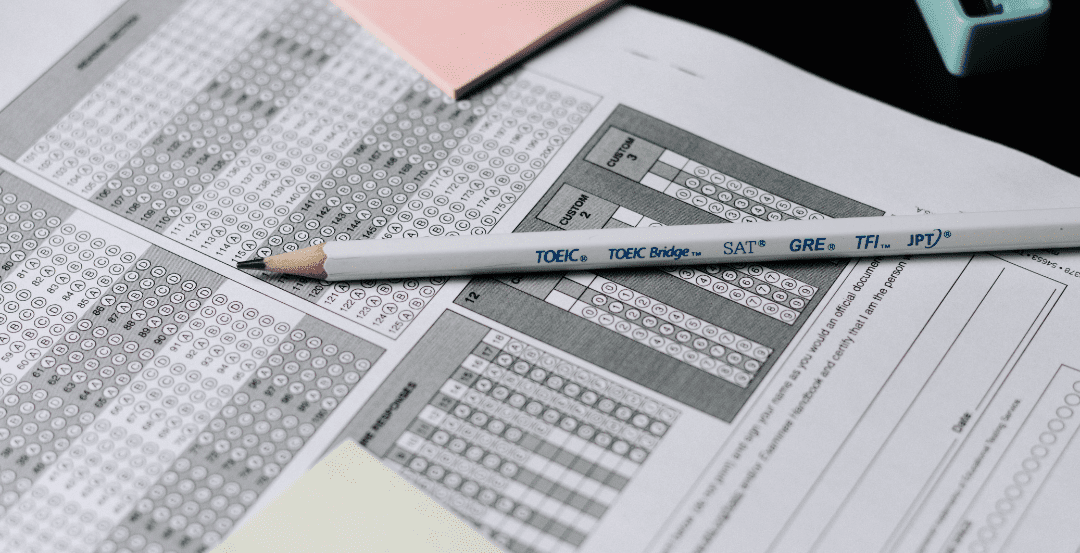There are many types of exams that students are presented with throughout their lives, but there is one in particular that is perhaps the most respected, and that is the multiple-choice tests. On the surface these are simple assessments that can be passed by answering randomly according to some, but they can be extremely complicated.
Studying for this type of exam has its particularities, since it is not necessary to memorise all the material, as it will be complex, but it is necessary to master the subject deeply and understand it.
When studying for a multiple-choice test, the brain uses its recognition memory, which works by instinctively recognising concepts that seem familiar. It can be said that what the brain does is an association of concepts because they have been previously studied.
If you are about to take a multiple-choice test, we are going to give you 5 tips that are ideal for studying and passing.
Do mock tests at home beforehand
To pass the multiple-choice tests, the key is to practice, which is why it is recommended that you do mock exams at home beforehand. So that you lose your fear of the official exam. In the mock exams you will often get questions that will be asked in the official exam, and the conditions of the exam will be the same, such as the correction criteria and time limit.
When you take the mock exams you have to do them in real time, no cheating or having things near you that are not allowed during the exam, you must not cheat yourself. You can do about 3 or 4 mock exams at home beforehand to get the hang of it and know how to allocate your time.
Read all the questions well before you start answering them
In any exam it is important to be clear about the concepts, as mistakes are not valid in these exams. That is why you should read all the questions very well before you start answering.
Each statement should be read calmly and look at the possible answers, as many exams have been failed due to incorrect readings. Once you are clear about the question and its possible answer, look for the most similar option among the options.
Time your answers to each question well
Before you start the exam, estimate how long you can spend on each question. To do this, simply divide the total time of the test by the number of questions in multiple-choice tests, so that you are consistent and aware of the time you have for each question. If you are in doubt, it is best to go on to the next question and answer what you are sure of. Then go back to the questions you have not answered.
Do wrong answers count against me?
It is important to know how the test will be scored, i.e. the score for each of the answers, whether they are correct, incorrect or left blank. Because this is the basis for making the total calculation and knowing how to answer properly in order to get a good score.
To do this, the best thing to do is to give you an example. Let’s assume that we start from the usual model of multiple-choice tests, where the score is as follows:
Correct answers: 1 point
Errors: -0.25 points
Blank answers: 0 points
As you can see, for 4 incorrect answers, one correct answer is deducted. This means that, even if you don’t know the answer, it is best to answer, because if you choose one at random and it is the correct one, it adds up to one point, otherwise 0.25 points are deducted, but the mathematics in these exams are there to help the student.
Set aside a few minutes at the end to review
Before taking the multiple-choice test, it is a good idea to set aside a few minutes to review the important notes. So that your mind can do a job of remembering everything you need to know, or at least key words that will help you with your answers.
The key to passing this type of exam is to recognise which is the right and wrong answer. It is not necessary to learn everything mechanically, but to repeat the review process several times until it becomes easy to associate the terms with certain key words.
¡Haz click para puntuar esta página!
Es muy importante para nosotros que puntúes nuestro trabajo para poder seguir mejorando. Tus opiniones ayudan al resto de estudiantes a encontrar nuestra página web.






